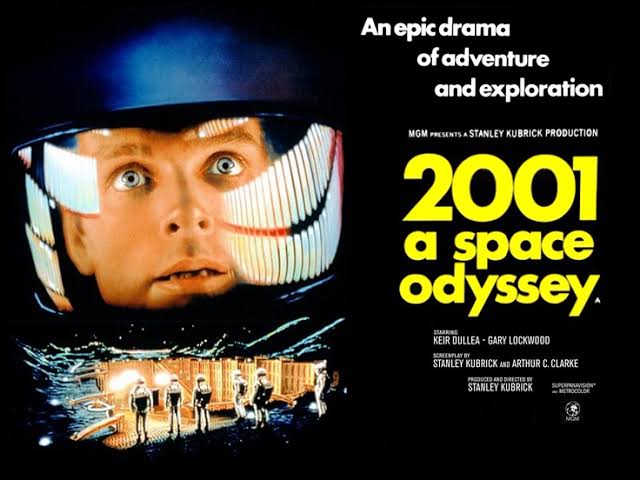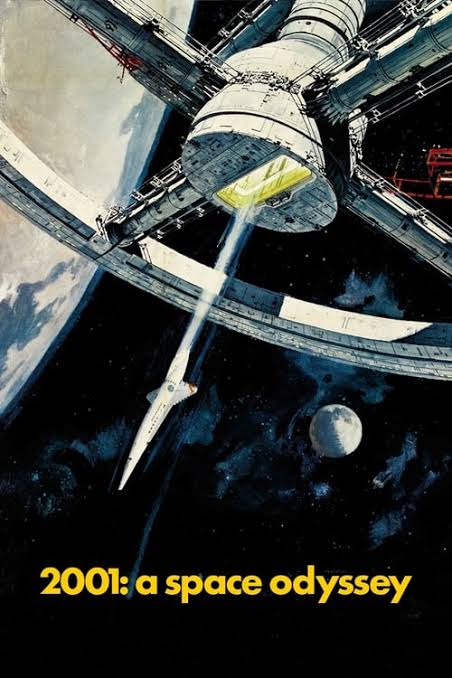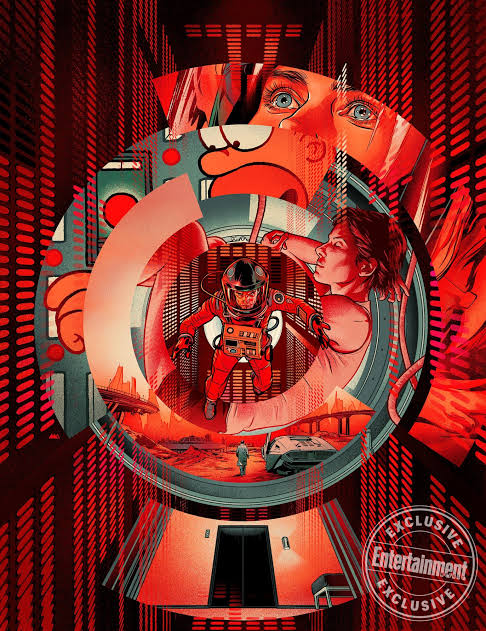


A SPACE ODYSSEY
 Epic Science Fiction . 1hour
Epic Science Fiction . 1hour
SYNOPSIS
The man-apes of the world, who lived by gathering berries and nuts, were facing a lack of food. A giant monolith appeared on Earth one day and began to experiment with many of them, probing and developing their minds. Among those in whom the monolith took an interest was Moon-Watcher, the only man-ape who walked fully upright. At night, a few select man-apes were taught and during the day, they innovated. Moon-Watcher discovered that he could fashion tools with which to kill animals for sustenance—the man-apes' hunger problem was solved. Time passed and the man-ape evolved. His brain grew, he invented language and organized into civilizations, and he invented weapons—first knives, but then guns and finally nuclear missiles. Such innovations had been central in man's dominion over earth, but "as long as they existed, he was living on borrowed time."Eager to embark on another space mission, Dr. Heywood Floyd arrived at the Florida launch location after meeting with the president. He offered no comment to the press, nor would he reveal the details of mission to the crew that served him so faithfully on board or to his Russian friend whom he encounters at the joint U.S.-U.S.S.R. space station, a stop on his journey to the Moon. Upon his arrival, Floyd is greeted by a top official of the Moon colony and whisked off to a meeting. A lead scientist explains that they had found a magnetic disturbance in Tycho, one of the Moon's craters. An examination of the area had revealed a large black slab, called Tycho Magnetic Anomaly-One (TMA-1). It was precisely fashioned and, at three million years of age, predates humans. It is the first definitive proof of the existence of extra-terrestrial, intelligent life. Floyd and a team of scientists drive across the moon to actually view TMA- 1. When they uncover the giant, black slab and sunlight hits upon it for the first time, it sends forth a piercing sound and a strong wave signal to the far reaches of the universe. David Bowman and Frank Poole were the conscious human beings aboard the Discovery space mission to Saturn. Three of their colleagues were hibernating, to be woken when they approached Saturn. Additionally, Hal, an artificially intelligent computer maintained the ship and was an active part of life aboard. Bowman and Poole's day-to-day lives had been immaculately planned. Their days were highly structured to ensure the continued success of the mission and to make sure that nothing went wrong. The ship was nearing Jupiter. Here, it released probes to gather information to be sent back to Earth and studied. Discovery then took advantage of Jupiter's gravitational field to get an extra push and speed on toward Saturn.

